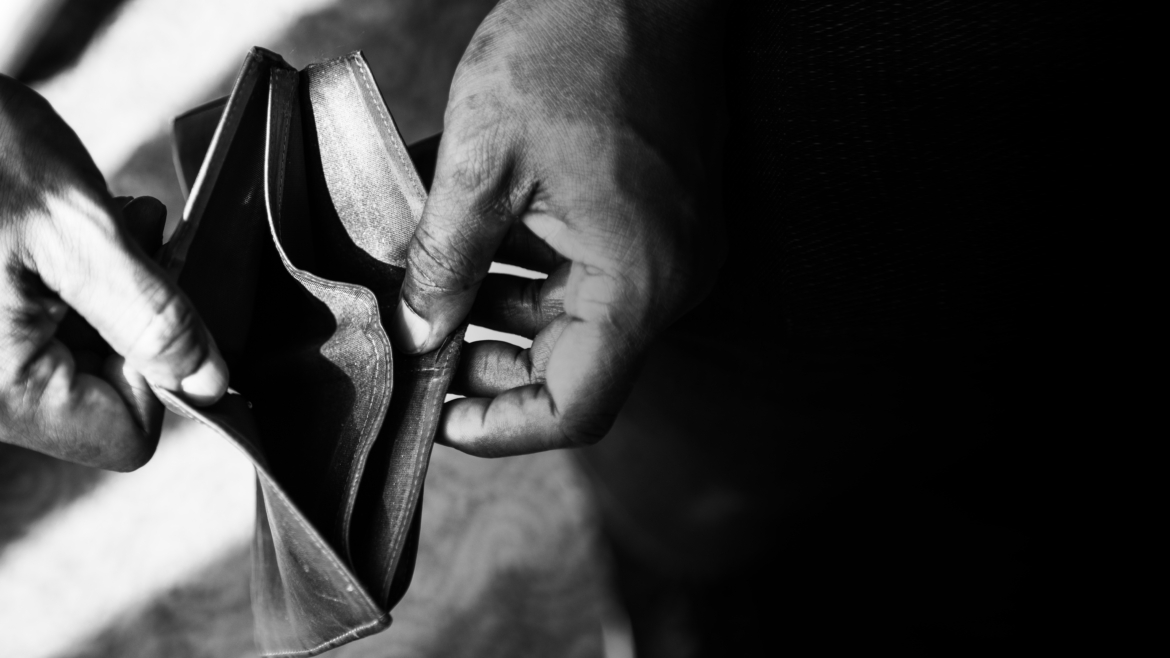Financial control is a form of abuse that can have devastating effects on survivors, both during the relationship and long after it ends. When one partner restricts the other’s access to money and financial resources, it creates an imbalance of power that can make it extremely difficult for the survivor to leave the situation or rebuild their life. This is why fair asset division during divorce is crucial for empowering survivors of financial control.
Too often, abusive partners use money as a weapon to maintain control and dependency. They may withhold funds, restrict spending, deny access to bank accounts, or sabotage employment opportunities. This economic abuse leaves survivors with limited resources and options – trapping them in the abusive dynamic. The divorce process presents an opportunity to rectify this injustice by ensuring survivors receive their fair share of marital assets and the means to support themselves independently.
Understanding Financial Control
Financial control encompasses a range of behaviours aimed at denying a partner’s financial autonomy. This can include:
- Forbidding employment or sabotaging career efforts
- Concealing information about finances and refusing to share details
- Providing an inadequate or strictly monitored “allowance”
- Accumulating debt or ruining credit in the survivor’s name
- Preventing the survivor from having bank accounts or credit cards
At its core, financial control is about one partner maintaining power over the other through economic restraints. The impacts can be severe, leaving survivors feeling trapped, worthless, and utterly dependent on their abusive partner.
Despite its prevalence, financial control often goes unrecognised as a form of domestic abuse – its covert nature makes it easier to hide from others.
Legal Provisions in the UK
In the UK, there are legal provisions in place to ensure a fair division of assets during divorce, taking into account any instances of financial control or economic abuse. The court’s primary consideration is to meet the “financial needs” of both parties involved.
The concept of “financial needs” encompasses various factors, including:
- Income and earning capacity
- Financial resources and obligations
- Standard of living during the marriage
- Age and health of the parties
- Contributions to the marriage (financial and non-financial)
In cases where one spouse has subjected the other to financial control or economic abuse, the court will consider this as a contributory factor when determining the division of assets. The goal is to compensate for the financial disadvantage they have experienced and ensure they have the means to support themselves independently moving forward.
The court has a wide range of approaches when it comes to dividing assets, including:
- Transferring property from one spouse to the other
- Ordering the sale of assets and dividing the proceeds
- Adjusting pension rights and entitlements
- Awarding lump-sum payments or periodic maintenance payments
Building a Strong Case
To secure a fair asset division, it is crucial for survivors of financial control to build a strong case – demonstrating the extent of the economic abuse they have endured. This can be achieved by gathering various forms of evidence, such as:
- Financial records (bank statements, credit card statements, loan documents)
- Documentation of any attempts to restrict employment or sabotage career efforts
- Witness testimonies from friends, family, or professionals who observed the financial control
- Records of any debts incurred against the survivor’s will or without their knowledge
- Evidence of the abuser’s income, assets, and financial resources
It is advisable to seek the assistance of a qualified divorce lawyer or legal professional who has experience in handling cases involving financial control or economic abuse. They can help survivors navigate the legal process, gather the necessary evidence, and build a compelling case for a fair asset division.
In addition to legal representation – survivors may benefit from working with a financial advisor or forensic accountant. These professionals can analyse financial records, uncover hidden assets, and provide expert testimony to support the survivor’s case.
Navigating the Divorce Process
The divorce process in the UK typically involves the following steps:
- Initial consultation with a divorce lawyer
- Filing for divorce and serving the petition
- Disclosure of financial information and assets
- Negotiation and attempts at reaching a settlement
- Court proceedings (if a settlement cannot be reached)
- Final order and asset division
For survivors of financial control, the disclosure stage is particularly critical. This is where both parties are required to provide a full and honest account of their financial situations, including assets, debts, income, and expenditures.
It is common for abusive partners to attempt to conceal or undervalue assets during this stage. This is where the evidence and the support of legal & financial professionals become invaluable. They can ensure that all assets are properly accounted for and valued accurately.
Throughout the divorce process, it is essential for survivors to prioritise their safety and well-being. Economic abuse can often be accompanied by other forms of abuse, such as emotional or physical violence. Seeking support from domestic violence organisations, counsellors, or support groups can provide much-needed guidance and resources.
Rebuilding Financial Independence
After enduring the trauma of financial control and navigating the divorce process, survivors finally have an opportunity to regain their financial autonomy. However, this journey can be challenging – especially if they have been denied access to money and resources for an extended period.
The first step towards rebuilding financial independence is to take stock of one’s current financial situation. This includes understanding the assets and resources acquired through the divorce settlement, as well as any outstanding debts or liabilities. Working with a financial advisor or counsellor can be invaluable during this stage, as they can help survivors develop a comprehensive plan to manage their finances effectively.
One of the key aspects of regaining financial independence is establishing good credit. Financial control often involves abusers ruining the survivor’s credit score, making it difficult for them to secure loans, rental properties, or even employment in some cases. Rebuilding credit takes time and effort, but it is crucial for achieving long-term financial stability. This can involve obtaining a secured credit card, paying bills on time, and monitoring credit reports regularly.
Financial education is another essential component of the rebuilding process. Many survivors of financial control may lack the knowledge and skills necessary to manage their finances effectively. Seeking out resources such as financial literacy courses, workshops, or one-on-one coaching can empower survivors with the tools they need to make informed decisions about budgeting, saving, investing, and achieving their financial goals.
In addition to establishing credit and acquiring financial knowledge, survivors should also focus on developing a long-term financial plan. This plan should consider their current income, expenses, and future goals, such as purchasing a home, starting a business, or saving for retirement. Having a clear roadmap can help survivors stay focused and motivated as they work towards financial stability and independence.
Throughout this journey, it is important for survivors to seek support from their personal networks, as well as professional resources. Support groups, counselling services, and domestic violence organisations can provide valuable emotional support and practical advice for navigating the challenges of rebuilding your life.
Final Thoughts
Divorce and fair asset division are crucial steps towards empowering survivors of financial control in the UK. By ensuring that survivors receive their fair share of marital assets – the legal system can help mitigate the long-lasting impacts of economic abuse and provide a foundation for rebuilding financial independence.
However, the road to recovery is not easy. Survivors often face numerous challenges, ranging from rebuilding credit and managing finances to overcoming the psychological effects of financial control. It is essential that they have access to legal representation, financial advisors, and support services to navigate this process successfully.
Remember, financial independence is not just about having money – it’s about having the freedom to make choices and live life on your own terms. For survivors of financial control, achieving this independence is a powerful act of reclaiming their autonomy and breaking free from the chains of abuse.
You are not alone on this journey. Get in touch with Fair Result today and let us help you achieve financial recovery and security.



